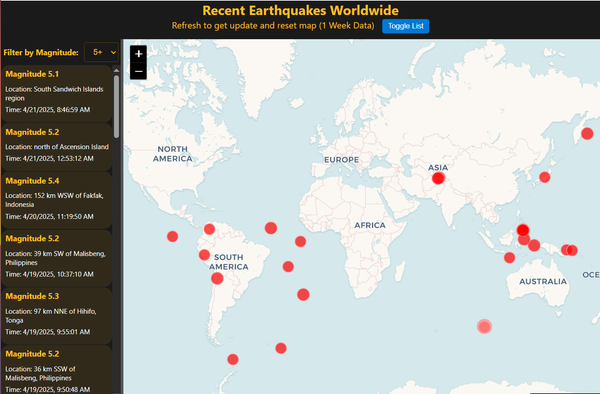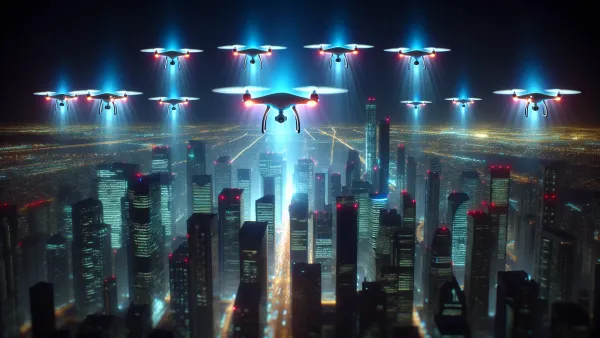The Dawn of a New Era: How AI is Accelerating Human Progress
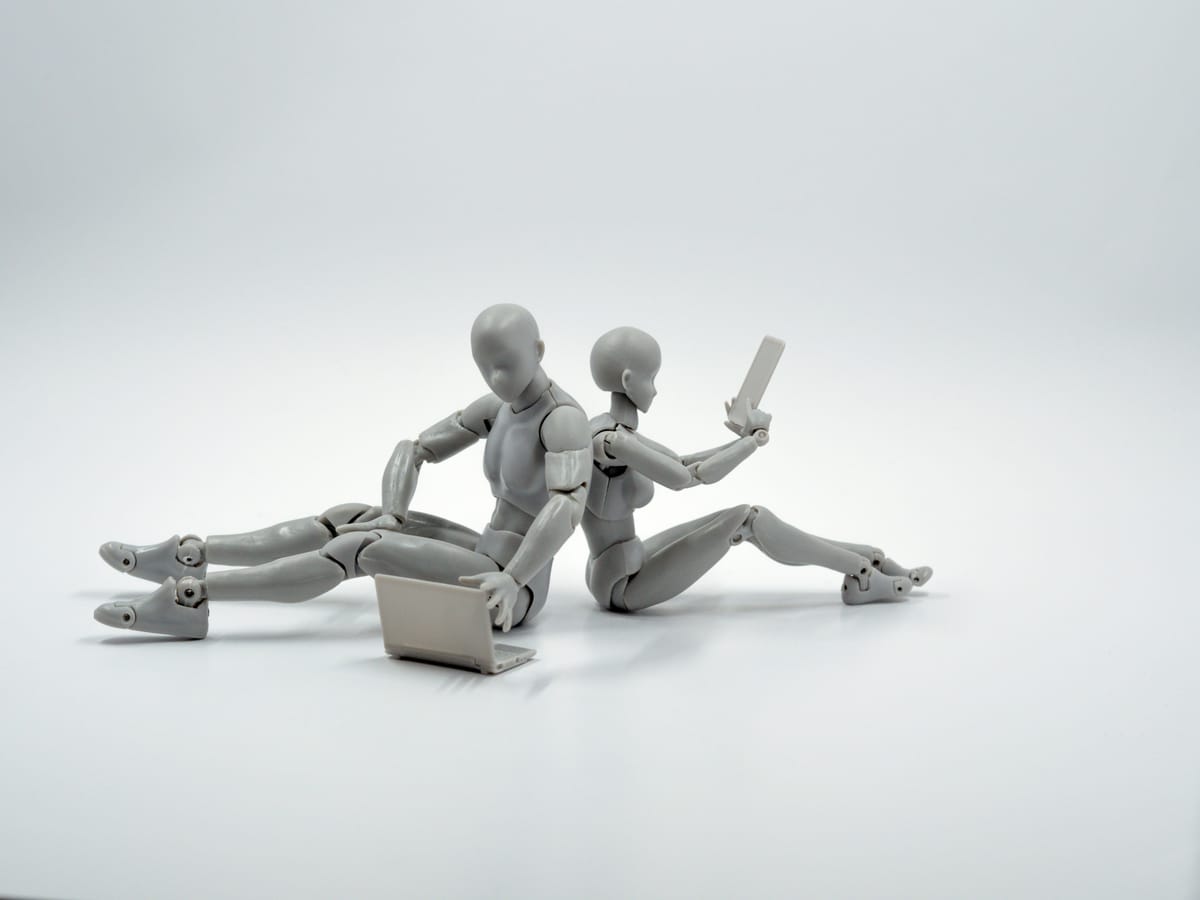
The last decade has witnessed artificial intelligence (AI) evolve from a speculative concept into a transformative force reshaping science, technology, and society. With breakthroughs occurring at a breathtaking pace, AI is no longer just a tool—it’s a collaborator, unlocking solutions to challenges once deemed insurmountable. From decoding the building blocks of life to redefining how we interact with information, AI’s contributions are not just impressive—they’re revolutionary. Let’s explore how this technology is propelling humanity forward.
AlphaFold: Cracking Biology’s Greatest Puzzle
One of AI’s most stunning achievements came in 2020 when DeepMind’s AlphaFold solved a 50-year-old grand challenge in biology: predicting protein structures. Proteins, the molecular machines of life, fold into intricate 3D shapes that determine their function. For decades, scientists struggled to map these structures experimentally, a process that could take years per protein. AlphaFold changed everything.
Using deep learning, AlphaFold predicted the structures of over 200 million proteins—nearly every known protein on Earth—with remarkable accuracy. This breakthrough, described by experts as “transformational,” has turbocharged drug discovery, vaccine development, and our understanding of diseases like Alzheimer’s and cancer. Researchers at the University of Oxford, for instance, used AlphaFold to identify a malaria vaccine target in months instead of years. By democratizing access to protein data, AlphaFold has become a cornerstone of modern biology, proving AI’s potential to accelerate scientific discovery exponentially.
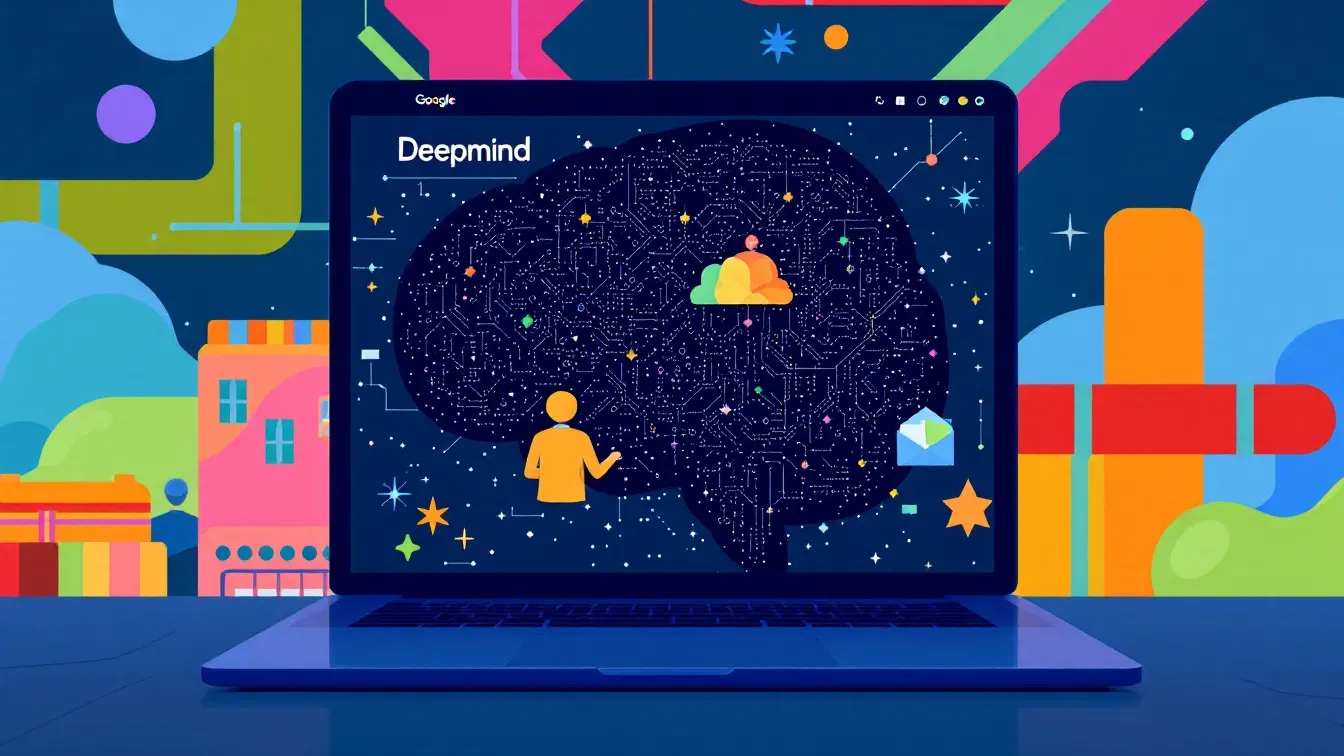
Gemini: The Multimodal Marvel
Google’s Gemini, unveiled in late 2023, represents another leap forward. As a multimodal AI model, Gemini processes text, images, audio, and video simultaneously, enabling nuanced understanding and creativity. Its applications are vast: from generating educational content tailored to individual learning styles to assisting engineers in designing sustainable infrastructure.
In healthcare, Gemini’s ability to analyze medical imaging, patient records, and research papers in tandem could help doctors diagnose rare conditions faster. In climate science, it’s being used to model complex environmental systems, optimizing renewable energy grids or predicting extreme weather patterns. Gemini’s versatility underscores AI’s role as a cross-disciplinary powerhouse, bridging gaps between fields and fostering innovation at scale.
AI in Everyday Innovation
Beyond headline-grabbing projects, AI is quietly revolutionizing industries. In agriculture, machine learning algorithms analyze soil data and satellite imagery to boost crop yields while reducing water use. In manufacturing, AI-driven robotics streamline production lines with precision, cutting waste and energy consumption. Even creative fields are thriving: tools like DALL-E and MidJourney empower artists to visualize ideas in seconds, while AI-generated music pushes the boundaries of composition.
Healthcare has seen particularly profound shifts. AI systems now detect cancers in medical scans with accuracy rivaling human experts. For example, MIT’s AI model for breast cancer screening reduces false positives by 5% and false negatives by 9%, potentially saving millions of lives. Meanwhile, startups like Insilico Medicine use AI to design novel drugs in record time, with one fibrosis treatment reaching clinical trials in under 18 months—a process that traditionally takes 5–6 years.
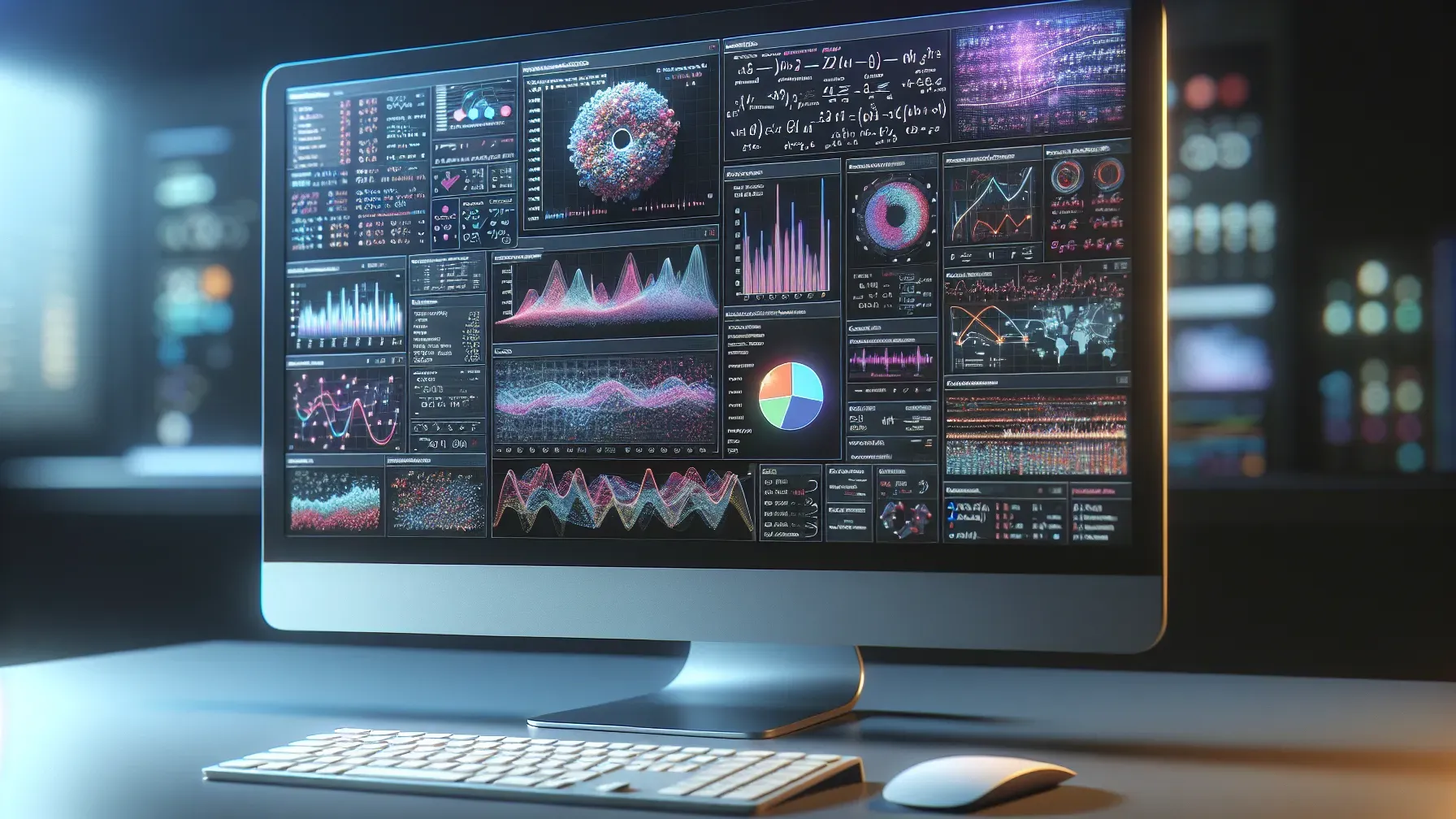
The Road Ahead: A Future Shaped by AI
As awe-inspiring as today’s achievements are, they’re merely the prologue. The next few years promise even more staggering advances. Imagine AI systems that design personalized medicines tailored to your DNA, or climate models so precise they predict regional disasters months in advance. Quantum machine learning could unlock new materials for carbon capture, while AI-powered robotics might colonize Mars, building habitats before humans arrive.
Education could become hyper-personalized, with AI tutors adapting to students’ cognitive and emotional needs in real time. In governance, AI might optimize policy decisions by simulating outcomes of legislation, ensuring resources are allocated equitably. Ethical frameworks will evolve alongside these tools, ensuring AI remains a force for collective good.
Conclusion: Embracing the AI-Powered Renaissance
We stand at the threshold of an era where AI doesn’t just assist humanity—it elevates it. The collaboration between human ingenuity and machine intelligence is yielding solutions to problems that have plagued us for generations. While challenges like bias and regulation remain, the trajectory is clear: AI is a catalyst for progress, democratizing knowledge and amplifying our capacity to innovate.
As we look to the horizon, the question isn’t if AI will continue to astonish us—it’s how. With each breakthrough, we inch closer to a world where disease is preventable, climate change is manageable, and human potential is limitless. The future isn’t just bright; it’s intelligent. And it’s arriving faster than we ever imagined.


